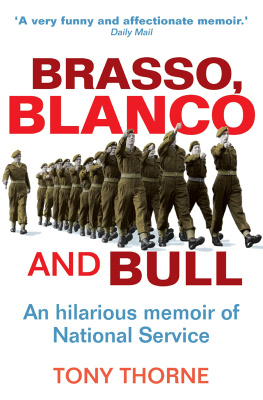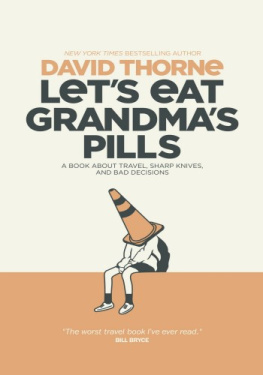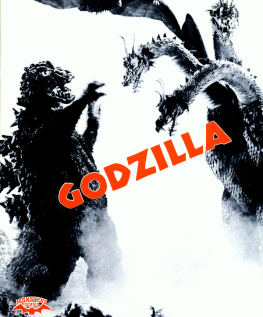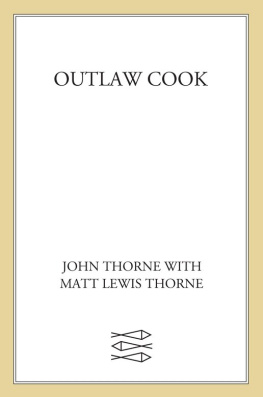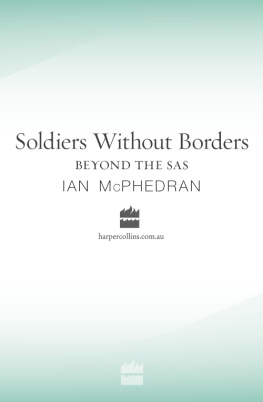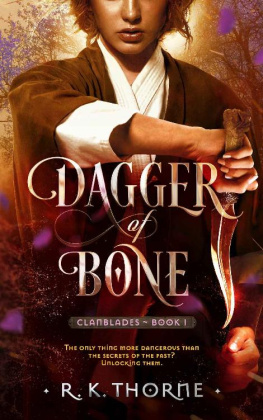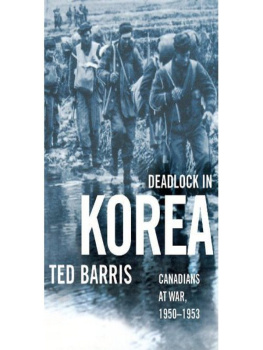After National Service, Tony Thorne read History with an exhibition at Jesus College, Cambridge. He then embarked on a thirty year career in the City and on Wall Street. One of his achievements was to be fired by Lehman Brothers. From 1978 until his retirement in 1990 he was Managing Director of Smith Barney in London, the US investment broker. He lives in Wimbledon. He and his wife, Carol, have two children and six grandchildren.
BRASSO, BLANCO
AND BULL
TONY THORNE
Constable London
Constable & Robinson Ltd
55-56 Russell Square
London WC1B 4HP
www.constablerobinson.com
First published in the UK by Rogerson Press 1998
Published by Robinson, an imprint of Constable & Robinson Ltd, 2000, in association with Rogerson Press
This edition published by Constable, 2012
Copyright Tony Thorne 1998, 2000
The right of Tony Thorne to be identified as the author of this work has been asserted by him in accordance with the Copyright, Designs and Patents Act 1988
All rights reserved. This book is sold subject to the condition that it shall not, by way of trade or otherwise, be lent, re-sold, hired out or otherwise circulated in any form of binding or cover other than that in which it is published and without a similar condition including this condition being imposed on the subsequent purchaser.
A copy of the British Library Cataloguing in Publication data is available from the British Library
ISBN 978-1-78033-459-2
eISBN: 978-1-78033-460-8
Printed and bound in the UK
1 3 5 7 9 10 8 6 4 2
ACKNOWLEDGEMENTS
The Brasso and Blanco trademarks of the Brasso product are used with the kind permission of Reckitt Benckiser plc.
CONTENTS
INTRODUCTION
Bring back National Service is a not an unfamiliar cry these days, usually signed off by Lt-Colonel Grumpy from Tunbridge Wells. I doubt that the reintroduction of a mandatory and universal two-year military training for eighteen-year-olds, that some elderly folk suggest, would be the panacea for all our problems with todays youth. (Indeed I would be hesitant about introducing todays young men to the highly sophisticated weaponry that our armed forces currently deploy.)
However, one entire generation did serve for two years as peace-time conscripts. Two and a half million young men (no women!) did National Service and, for most of us, this provided a defining period in our lives that still has resonance after fifty or sixty years. Several quite important books have been written about National Service, and this is not one of them. But none of them has really attempted to investigate whether those that did National Service, and society in general, benefited from the experience.
When this book was first published in 2000, we celebrated with a party at the Imperial War Museum in London. Several of the characters who featured in the book dressed up as private soldiers in the uniform that we wore in the 1950s and paraded before a formidable Sergeant-Major from the Scots Guards. I recall the familiar clatter of army boots on stone steps as we descended to form up on parade. As we passed a couple of dear elderly ladies on the steps, I remember the startled look on their faces as they saw half a dozen sixty-something-year-olds flying down the steps in uniform. Dont worry, said Tim Rogerson, who played a major part in the publication of this book, your country is in good hands.
At the same time, the BBC was working on a six-part series for the radio about National Service, which was billed as an attempt to investigate the impact that National Service had on our generation. The presenter was Charles Wheeler, who had previously been the very distinguished Washington correspondent for the BBC, but who is probably best remembered today as the long-suffering father-in-law of our Lord Mayor, Boris Johnson. Not surprisingly, Charles Wheeler appeared at the book-launch party with a full complement of recording devices and interviewed as many of the attendees as he could. The atmosphere was nostalgic and jolly and, without exception, the interviewees shared wonderful humour with the microphone, ably assisted by their considerable distance from the events described and a fairly liberal supply of alcohol.
When the series was broadcast, none of our interviews was included. At first we were puzzled, but it soon became apparent why we had all ended up on the cutting-room floor; the BBC, or the producers or Charles Wheeler, had an agenda. It had already been decided that the conclusion would be that National Service consisted of two wasted years; two years of bullying, boredom and bestiality. In the programme that was broadcast, a series of actors, art critics and other celebrities bemoaned the dreadful time that they had spent doing National Service; luvvy after luvvy grieved about being ordered to clean the latrines with a toothbrush or paint the coals white.
I am not sure that this really represents the true experience of the majority. Many years have passed and there is no doubt that the notorious rose-coloured spectacles play a part in some of our memories of the time served, including those in this book. Additionally, it has frequently been remarked in relation to Brasso, Blanco and Bull, that it was all very well for you because you was a bleedin hofficer, and therefore by definition it was an easier experience by comparison. I dont wish to get into this argument because hopefully it has no relevance to enjoyment of the following pages. I should point out, however, that it is widely accepted that the selection process and the intensive training at officer cadet school was considerably more demanding than the training carried out by the average conscript.
Anyway, the point I would like to make is that the picture painted of National Service as, at best, a wasteful experience and, at worst, a thoroughly corrupting influence, does not present the full story. National Servicemen had the opportunity to mix in a wider world than would otherwise have been the case. They could learn to drive a car or a tank, fly an aero-plane or sail a warship; they could learn German or Russian; they could play football or cricket or tennis or squash or run and jump or shoot, box, play hockey or rugby, play darts or 21 Aces. Whichever they chose, the facilities were the best they would probably ever experience in their lifetime. They travelled all over the world, from Hong Kong to Somalia, from BAOR in Germany to Kingston, Jamaica. Many fought and some died in Palestine, Malaya, Kenya and Korea. Most importantly of all, they were privileged to be absorbed and accepted by the existing army, navy and air force from whose rugged regular members they were able to learn a lot.
If National Service was so destructive of the moral fibre of that generation, it is hard to explain the reunions that carry on to this day where men, passionate and proud of their regiments, squadrons and ships, still gather all over the country to remember their experiences as National Servicemen.
The truth is that there is such a wide disparity in experience that it is impossible to form a judgement on whether National Service was a good or bad thing. It ended in 1961 and, after only a few years, the next generation had more or less forgotten there ever had been a call-up.
In 2000 I was doing a radio interview in connection with the original publication of Brasso when I was introduced as Toby Hall, who has written a very funny book about National Insurance.
Tony Thorne,
London, August 2011
1
A MEDICAL EXAMINATION
It begins with a medical examination. It might have been July or it might have been August. It certainly was 1956 when I was summoned to attend a medical examination to check my suitability to serve my country for two years national service.
Next page
